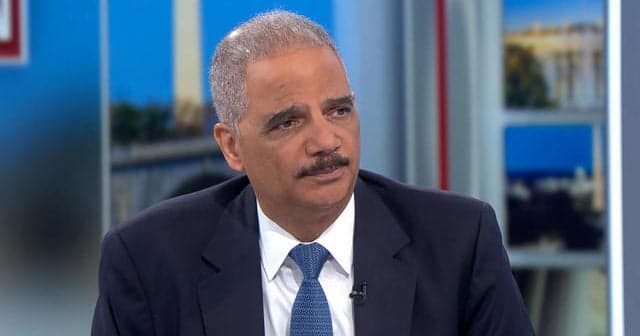Lawmaker Demands Mechanism to Reinstate Syria Sanctions if Repeal Fails
Representative Brian Mast on November 22 conditioned support for a full repeal of the U.S. Caesar Act on creation of a formal mechanism that would allow sanctions to be quickly reimposed if Syria fails to meet benchmarks. The provision would seek to balance humanitarian and reconstruction needs against accountability and geopolitical risk, a central fault line in the broader congressional debate over Syria policy.

On November 22 Representative Brian Mast signaled that he would only back a full repeal of the Caesar Syria Civilian Protection Act of 2019 if Congress embeds a clear mechanism to restore targeted sanctions should Syrian authorities fail to meet defined benchmarks. Mast, who chairs a House Foreign Affairs subcommittee, communicated the position to reporters and colleagues as lawmakers weigh whether to lift long standing U.S. penalties that have limited economic engagement with Damascus.
The Caesar Act, enacted in 2019, imposes sanctions on individuals, companies and state actors that materially support the Syrian government. Supporters of repeal argue that sanctions have hindered humanitarian relief and blocked reconstruction, while critics say lifting them without safeguards would reward a regime accused of widespread abuses and allow deeper entrenchment by Russia and Iran. Mast’s demand for a reversible framework aims to thread that needle by making sanctions relief contingent and reversible rather than permanent.
Mast’s condition places emphasis on accountability and enforceability in any legislative path toward rollback. Lawmakers advocating restraint have pointed to the need for benchmarks that ensure humanitarian aid reaches civilians, that refugees can safely return, and that there is verifiable progress on human rights and accountability. Opponents of broad sanctions relief contend that without such safeguards, foreign actors and Syrian state-linked entities could quickly exploit lifted restrictions to capture reconstruction contracts and consolidate influence in ways that undercut U.S. interests.
The proposal carries immediate market implications. Investors and companies contemplating entry into Syria’s reconstruction face heightened policy risk if a statutory trigger can rapidly reinstate sanctions. That uncertainty may keep Western construction, engineering and energy firms on the sidelines even if a repeal moves forward, while firms from Russia, Iran, Turkey and regional partners continue to expand their footprint. Economic analysts note that Syria’s reconstruction needs run into the tens of billions of dollars, and the prospect of reversible sanctions would likely raise the country risk premium and borrowing costs for any private financing.
The political arithmetic in Congress remains unsettled. Some lawmakers and administration officials have signaled a desire to recalibrate Syria policy toward facilitating greater humanitarian access and reconstruction oversight, but relief opponents have leveraged accountability concerns to press for retention of leverage. Any legislative repeal would require coordination between the House and Senate and would likely include detailed reporting and oversight requirements to operationalize a mechanism for reimposition.
The debate highlights a broader trend in U.S. foreign policy toward conditional engagement. Sanctions increasingly come with explicit exit and reentry clauses as lawmakers seek tools that can be flexibly applied in volatile geopolitical environments. How Congress resolves the Caesar Act question will shape not only Syria’s economic trajectory but also the signal Washington sends to allies and rivals about its appetite for conditional normalization in conflict zones.
As negotiations proceed, investors and policymakers will watch whether lawmakers can craft a statutory mechanism that both reassures accountability advocates and reduces the policy risk that has kept large scale reconstruction capital at bay. The outcome will matter for humanitarian outcomes on the ground, for regional balance of power, and for long term patterns in how the United States uses sanctions as leverage.


